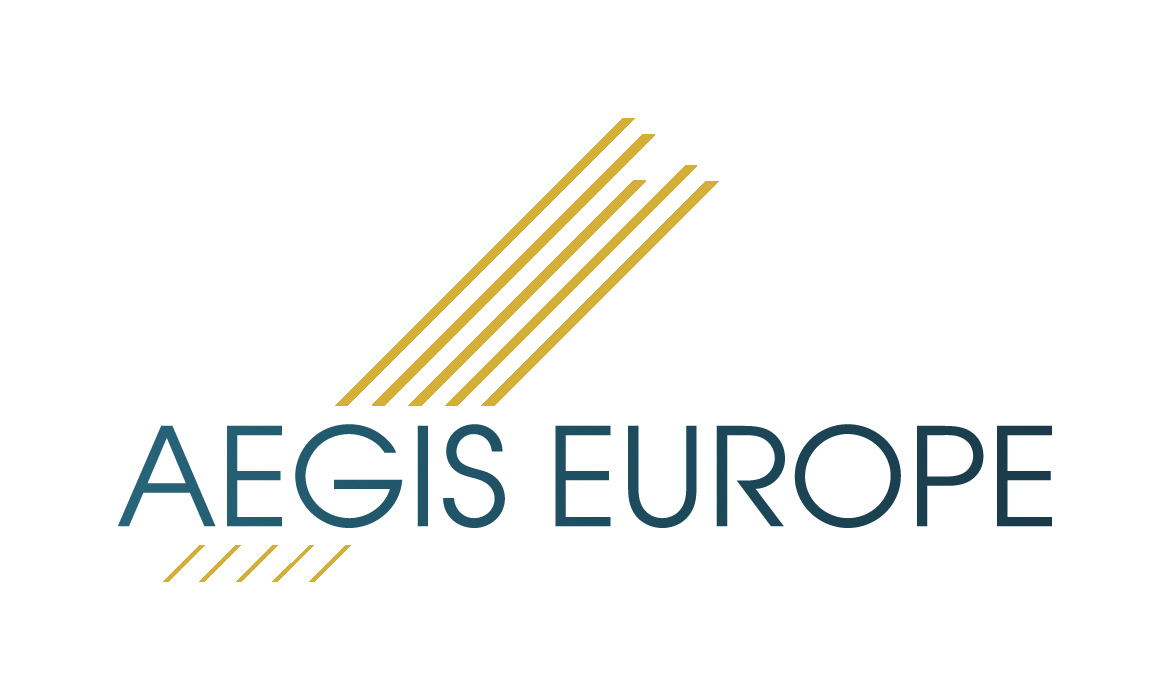PRESS RELEASE: China WTO Market Economy Status: What changes after 11 December? Nothing.
/Brussels, 9 December 2016 – The anti-dumping instruments used by the EU and other major WTO trading partners, such as the United States and Japan, will remain unchanged after a minor element in a single section of China's WTO Accession Protocol[1] expires on 11 December 2016. This reality stands in stark contrast with China’s claim that the way other WTO members should treat it in anti-dumping investigations must change dramatically as of that date.
“11 December has been talked up as an iconic date after which the EU must treat China in the same way as market economies and thus lose the ability to defend itself against Chinese dumping,“ said Milan Nitzschke, spokesperson for AEGIS Europe. “Let me be clear: China’s interpretation is completely misleading.”
“The EU's major trading partners, the US and Japan, have publicly stated that they see no need and are taking no steps to change their legislation with regard to the treatment of China in anti-dumping investigations. Indeed, the expiry triggered on 11 December does not apply to most of Section 15(a) of China's WTO Accession Protocol,” Mr Nitzschke emphasised.
The legal results are self-evident. An opinion piece published today by Laurent Ruessmann, a leading EU trade lawyer and partner in the law firm Fieldfisher, cleared up any confusion: “In the absence of definitive guidance from the WTO, each WTO member is left to figure out for itself what, if anything, needs to change in its domestic legislation in the light of the expiration of that one subparagraph. There is thus no reason not to continue to apply the existing EU anti-dumping legislation in new cases involving imports from China, until any changes passed by the EU Council and Parliament ultimately take effect,” said the article published on the FieldFisher blog.
“Unless and until the WTO’s Appellate Body definitively rules on the interpretation of China’s WTO Accession Protocol, the EU and other WTO Members can continue to treat China as the non-market economy it is,” pointed out Mr Nitzschke. “And in any case, AEGIS Europe is confident that the WTO judges would recognise that the anti-dumping provisions, which remain in China's Accession Protocol, do continue to provide a basis for other WTO members not to have to refer to distorted Chinese prices and costs.”
“There is a clear and undeniable need to retain effective anti-dumping measures to address the dumping that results from China's systemic price distortions. These distortions are significant and are no accident: they are inherent to the Chinese planned economy and continue despite China's WTO Protocol commitment to remove them,” said Mr Nitzschke.
Referring to the recent European Commission proposal to adapt the EU anti-dumping rules covering imports from China and other WTO members, which are non-market economies, AEGIS Europe reiterated its firm call to the European Parliament and Member States to examine it closely, and put forward the needed amendments in order to avoid the de facto granting of Market Economy Status via the back door.
“There is no justification for rushing through an overly vague piece of legislation with no amendments allowed, especially when other major trading partners have expressed their determination to stand by their existing rules,” concluded Mr Nitzschke.
Read the full opinion piece by Laurent Ruessmann on the FieldFisher blog.
1. After December 11 this section of the protocol reads as follows: “(a) In determining price comparability under Article VI of the GATT 1994 and the Anti‑Dumping Agreement, the importing WTO Member shall use either Chinese prices or costs for the industry under investigation or a methodology that is not based on a strict comparison with domestic prices or costs in China based on the following rules: (...)“

